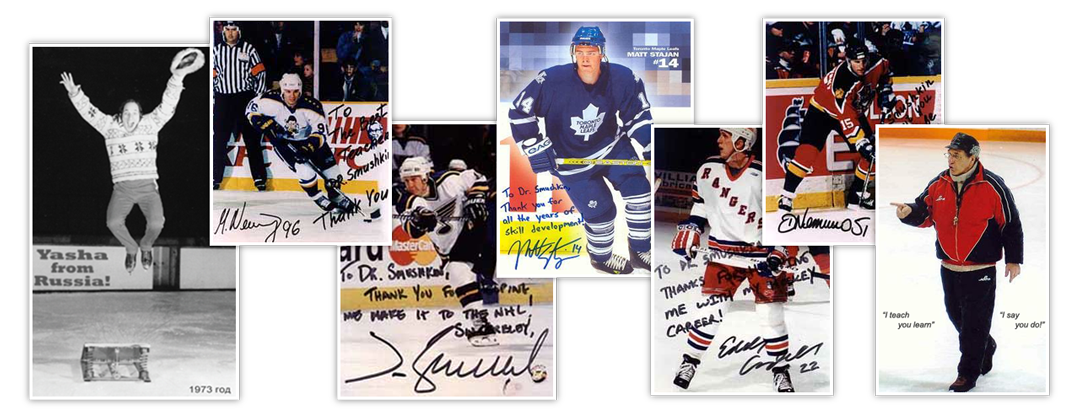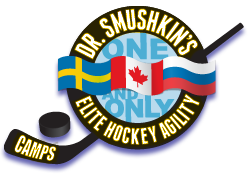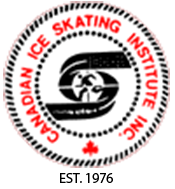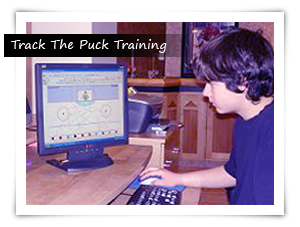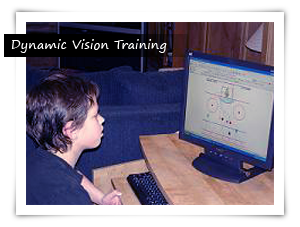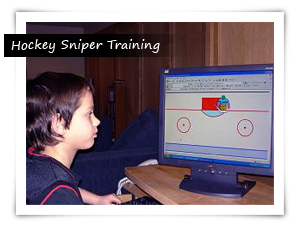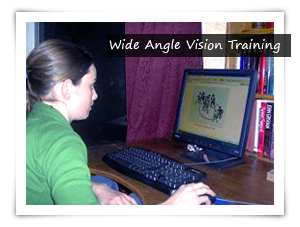|
ENTER PORTAL

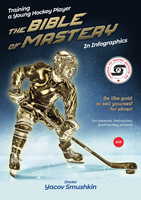
Order book
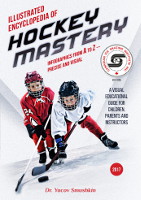
Order book
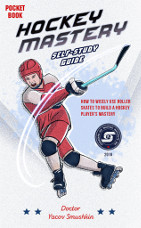
Order book
|

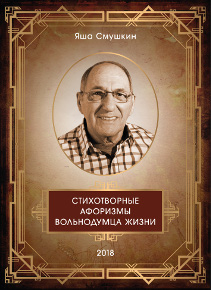
Заказать книгу
|
ВОЙТИ НА ПОРТАЛ

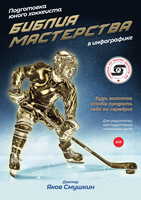
Заказать книгу
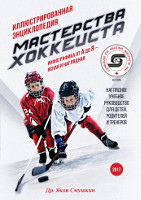
Заказать книгу
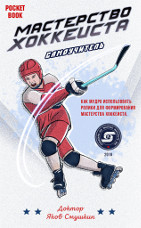
Заказать книгу
|
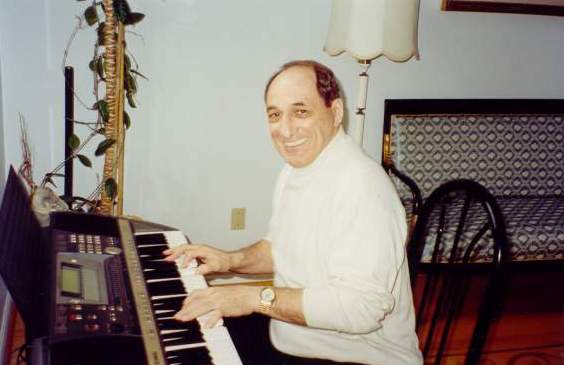
Dr Yacov Smushkin is the Author and the Performer of musical accompaniment of this website.
ONE AND ONLY WITH A HISTORY
OF PROVEN RESULTS! |
- Former National Soviet Union Coach.
- Has reached a unique peak in International Recognition in Soviet Union, USA, Canada and Sweden.
- The first in North America and Europe to open private hockey schools: Boston (1973), Toronto (1975) Stockholm (2005) and Russia (2012).
- He has a doctor's degree in Sports Education and has received special recognition from the International Skating Union (ISU), Professional Skaters Guild of America (PSGA), Figure Skating Federation of Russia (FFKKR) and Professional Skating Association of Canada (PSAC).
Dr. Smushkin’s courageous idea to inject unconventional, creative and innovative skills training approach, based on bio mechanical principles of rationality, effectiveness and economy make a history in today world’s hockey skills development. When it come to individual hockey skills development no one in the world come close often imitated, but never duplicated Dr. Smushkin's unique agile hockey technique and his method of teaching.
He is the first who successfully presented these innovative and revolutionary ideas in his three books: “From Zero to Hockey Hero” (1993); “Hockey Agility” (1997); “Mastering Hockey Agility” (1998). Also, he develop two videos: “Hockey Sniper” (1997) and “Hockey Agility” (2002).
“I have had the pleasure of exchanging many ideas involving hockey, training methods and motivational techniques with Dr. Yasha Smushkin. I have found his hockey outlook and teaching methods to be very refreshing and very accepted to young Canadian hockey players. I feel that young players could learn a great deal from Yasha, especially when it comes to skating and would also find his teaching techniques very unique.”
~Billy Harris, Former Canadian National Hockey Team Coach
Dr. Smushkin's Trilogy One & Only in history of Global Hockey Publications!
Publication Testimonials
"Dr. Yasha Smushkin's first book is titled From Zero to Hockey Hero - How to avoid being misled in Kids' Hockey. By now it was quite clear to me that almost all hockey parents were either being misled or were actually doing the misleading. Since the title was so brazen, I purchased the book and began reading. Smushkin's book helped crystallize my thinking, and turned me into a bit of an evangelist. The more I thought about it, the more I agreed with Dr. Smushkin that the goal should be to appropriately balance coaching (team skills), teaching (individual skills) and fun. Ensuring this happens is the parent's job. So I evangelized and found some other parents who upon reflection agreed with me. Together, we try to balance the activities, Smushkin's triad of fun, individual skills and game skills, for the betterment of all of the players. That's why the Fraser Valley Flyers were formed."
From Newsletter of Fraser Valley Flyers Hockey Organization. British Columbia, Canada
How Fast Is Your Brain In The Game?
Dr. Smushkin is the first inventor of the new computerized vision-thinking online programs: “Track the Puck”; “Dynamic Vision”; “Wide Angel Vision”; and “Hockey Sniper” for players all levels and ages.
To view what our online students are saying click here
Who see and reads the Game Information
will win The Game Situation!
What the Scientists and High Level Coaches Say on the Subject
"A lot of things go into making an elite athlete, muscle is part of your genetic endowment but it's your brain that helps you use it."
Robert E. Burke, chief of the Laboratory of Neural Control of the National Institute of Neurological Diseases and Stroke
"Hitting a baseball is one of the most complex tasks you can imagine, because you have to receive, interpret and respond to sensory information in perfect fashion."
V. Reggie Edgerton, profs. of physiological science and neurobiology at UCLA
"We found that Brian Harper (catcher who played in the World Series in 1985 and 1991) smooth pursuit eye movements were about twice as fast as the literature said was possible. Whereas the literature said such eye movements could travel 70 degrees per second, Harpers moves almost 140 degrees per second. World-class athletes, are distinguished by the "brain power to compute and predict where and when the ball is going to cross the plate."
Terry Bahill, Professor of the University of Arizona at Tucson
In professional sports, everyone is gifted physically. Among the gifted, there is a distinct separation between the 98% who are merely exceptional and the 2% who are truly great. Laboratory tests of human reaction time prove it. It's always agonizing to inject science into sports, but the scientific truth is this: We're all wired a bit slower than we'd like. The time it takes to commit a quick action – a punch, a first step, a head fake – is roughly 100 milliseconds. The time it takes to counter the action – to try to block the punch, for instance – averages 200 milliseconds. It was once proposed that Muhammad All's greatness was due to his remarkable reaction time. The time it took for him to respond to a punch thrown his way averaged 150 milliseconds. Phenomenal, but still not fast enough. If George Foreman threw a big right hand in 100 milliseconds and Ali didn't recognize it in advance, his 150-millisecond response time was worthless. It's something we all know instinctively, and science proves it: Mental speed is not only preferable in sports, it's essential. Physical gifts aren't enough.
ESPNMAG.com - Speed Freaks
"If an athlete is reacting only to what he sees or hears, he's going to be too slow. Nobody would deny the importance of quickness in sports, but the quickest person in the world will be demolished every time if his cognitive skills aren't good.Its as simple as that"
Steven Keele - University of Oregon psychology professor
"You've got million dollar legs and a nickel brain, but in the next six months we're going to do something about this!"
Herb Brooks, 1980 USA Olympic Team Head Coach
"Speed of hand, speed of foot, speed of mind -the most important of these is speed of mind!"
Anatoly Tarasov, Godfather of USSR Hockey
"Every play you make is successful or not depending upon your anticipation and preparation much more than your skill and determination, because everyone plays with skill and determination. As coaches, we can't possibly anticipate every decision and tell players in advance what to do in every situation. The puck can move much faster than the player, no matter how fast a skater. The player who senses what is going to happen next is going to be the best!"
Jack Blatherwick - Athletic Coach, US Olympic Hockey Team
"Speed, as it is employed by the elite, carries an element of the extrasensory. We're all too slow, but the best of the best have figured out how to compensate for nature's deficiencies. They've learned how to cheat science."
ESPN the Magazine

- First, hockey player must be quick in his mind.
- Player's mind is the busiest part of their body parts.
- No other part of the body can function without first receiving a message from the mine.
- If the vision is not too strong, the physical power may not be performed correctly.
- Mind speed is what goes on the player’s mind, before his body reacts.
- Mental speed is not only preferable, it is essential.
- The Best from the Best are those, who can think, when there is no time to think.
